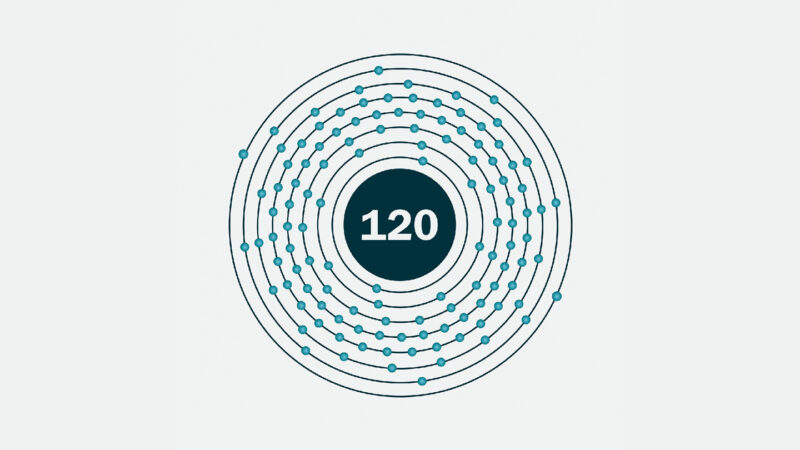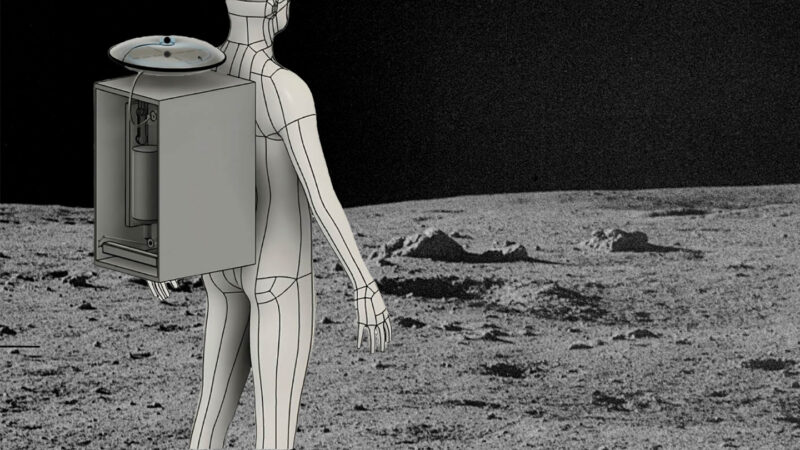Telomere (noun, “TELL-oh-meer”)
Telomeres are protective caps at the tips of DNA in chromosomes.
DNA is a molecule that contains the instructions for how to make and maintain a specific organism. It is made up of chemical building blocks called nucleotides. Inside cells, DNA strands are wrapped into bundles called chromosomes. And telomeres are chains of nucleotides at the ends of chromosomes that guard them from damage. In this way, telomeres are sort of like the plastic caps at the ends of shoelaces — but for DNA.
Telomeres keep the ends of chromosomes from getting frayed or tangled. They also play a key role in making sure that DNA gets copied correctly when a cell divides.
When a cell makes a copy of its DNA and splits into two new cells, the DNA at the very end of a chromosome doesn’t get fully copied each time. Some nucleotides get lost, and the chromosome gets slightly shorter. This could lead to the loss of key genetic information. But telomeres keep that from happening.
That’s because telomeres are made up of a series of repeated nucleotides that don’t contain vital genetic information. Each time a cell divides, a small part of the telomere gets lost. But it’s okay, because the telomere still contains many other copies of the exact same series of nucleotides. That allows telomeres to act as a buffer against the damage of DNA copying. A cell can divide many times, slowly eating away at its telomeres but not losing important parts of its DNA.
Eventually, telomeres get worn down so much that a cell can no longer divide. When that happens, the cell dies. Shorter telomeres have been linked to aging. They have also been linked to health problems such as heart disease. Some activities such as smoking and sun exposure are also known to speed up the breakdown of telomeres.
An enzyme called telomerase can rebuild telomeres. This enzyme is not active in most cells in the body. But it is active in the germ cells that make reproductive cells like sperm and eggs. It’s also active in some stem cells. Those cells have to divide a lot. Refreshing their telomeres with telomerase helps them do that.
But we wouldn’t want telomerase active in all our cells. That would cut the body’s natural brakes on cell division. And that wouldn’t necessarily keep tissues from aging. Instead, uncontrollable cell division can lead to cancer. Cancer cells are known to have more active telomerase than healthy cells.
In a sentence
Some researchers are studying whether time in space changes the length of astronauts’ telomeres.






























